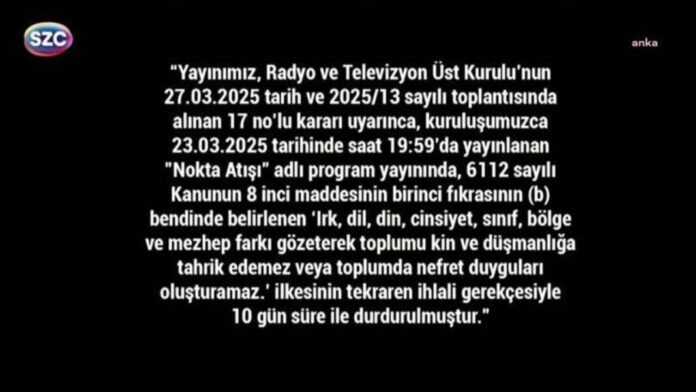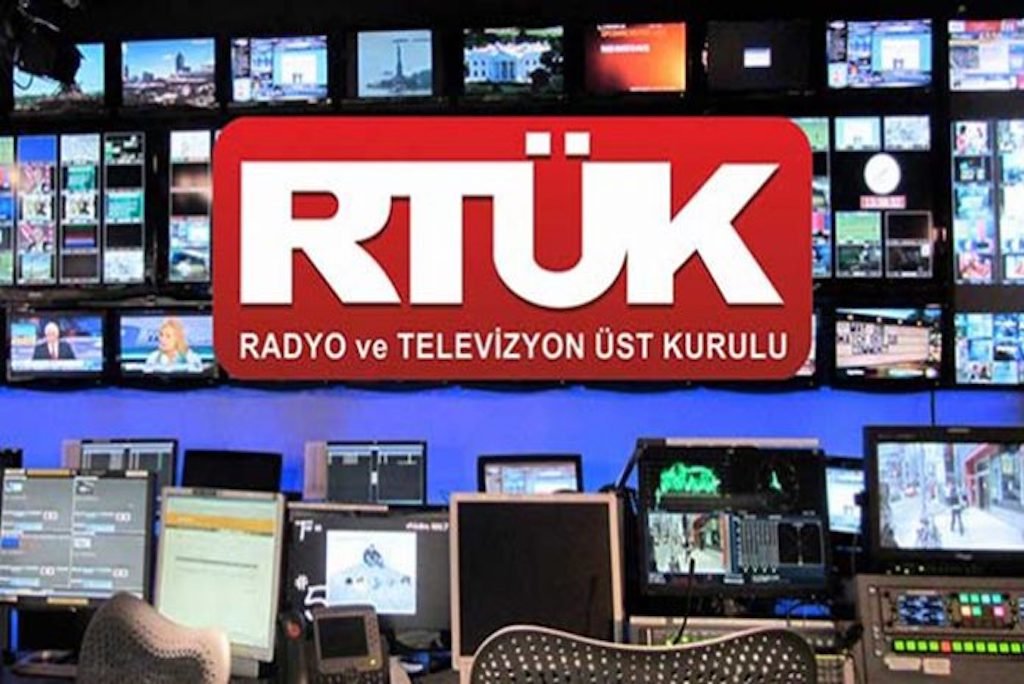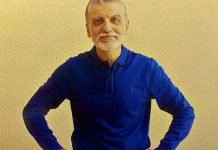Sözcü TV, one of Turkey’s most popular pro-opposition news channels, was taken off the air at midnight by order of the country’s media regulator, the Radio and Television Supreme Council (RTÜK), for 10 days over its coverage of mass protests sparked by the March arrest of İstanbul Mayor Ekrem İmamoğlu, Turkish Minute reported, citing local media.
Executives at Sözcü TV filed an appeal seeking a stay to halt the blackout order, but the request was denied. As a result, both the television station and its YouTube livestream went dark simultaneously at midnight. Sözcü TV has 2.1 million subscribers on YouTube.
Just before transmission was halted, Sözcü TV’s studios in Ankara and İstanbul were packed with guests, journalists, anchors, reporters, cameramen and technical staff awaiting the shutdown. Viewers expressed their support by tuning in during the final moments.
Following a closing statement by the channel, RTÜK’s decision was displayed in white text on a black screen, the only content that will appear during the blackout period.
RTÜK accused Sözcü TV of inciting hatred through live coverage and commentary from İstanbul, Ankara and İzmir, alleging that the broadcasts encouraged public unrest during the protests in support of İmamoğlu.
İmamoğlu, a senior member of the main opposition Republican People’s Party (CHP) and his party’s presidential candidate for the next election, was detained on March 19 and later arrested on corruption charges criticized as politically motivated. His arrest, widely seen as targeting the biggest political rival to longtime President Recep Tayyip Erdoğan in the 2028 presidential election, sparked Turkey’s worst protests in decades.
The sanction imposed on the broadcaster is the most severe RTÜK can impose short of revoking a license; a repeat violation could lead to the station losing its broadcasting rights.
Sözcü: We refuse to be silenced by sanctions
The Sözcü Media Group said in a statement, “This blackout cannot extinguish our light,” describing RTÜK’s decision not just as a punishment of the channel but an assault on press freedom.
“An unprecedented act of censorship is being implemented,” the statement added. “As Turkey goes through a challenging test of democracy, the country’s largest independent mainstream media outlet is being silenced through sanctions.”
Sözcü said it will continue to report what is really happening in the country and not what they are told to say.
As news of the blackout spread, other media outlets and press freedom advocates voiced support for Sözcü TV and condemnation of RTÜK’s decision. Broadcaster TELE1 went dark for a few seconds in solidarity.
İlhan Taşcı, a member of RTÜK, was among those criticizing the move.
“The goal is a multi-channel, single-voice media landscape,” Taşcı said. “While it may appear that Sözcü TV has been blacked out, what is actually being blacked out are press freedom and the truth. They want to silence those who think differently and darken the screens.”
Taşcı warned that if Sözcü TV is penalized under the same regulation again before April 1, 2026, its license could be permanently revoked.
Meanwhile, RTÜK Chairman Ebubekir Şahin issued a statement on X defending the council’s decision following the blackout. He said sanctions had been imposed on Sözcü TV, Halk TV and Tele1 due to ongoing broadcasting violations, despite repeated warnings over an extended period.
Şahin also criticized portrayals of the sanctions as sudden or arbitrary, claiming that such framing was misleading the public.
It is common for pro-opposition news channels in Turkey to face restrictions on their broadcasting through sanctions imposed by RTÜK, whose board members are appointed in proportion to the number of seats held by political parties in parliament, meaning that the ruling Justice and Development Party (AKP) currently dominates the agency.
After a failed coup in July 2016, the Turkish government summarily shut down nearly 200 media outlets due to their alleged links to terrorism or their alleged involvement in terrorist propaganda. The post-coup crackdown also included the detention of dozens of journalists, which briefly made Turkey the second-worst jailer of journalists in the world after China.
Turkey, which is still known as one of the top jailers of journalists worldwide, ranks 159th among 180 countries in the Reporters Without Borders (RSF) 2025 World Press Freedom Index. The report cites ongoing censorship, politically motivated arrests and state control over media as key factors in the country’s continued decline in press freedom.















